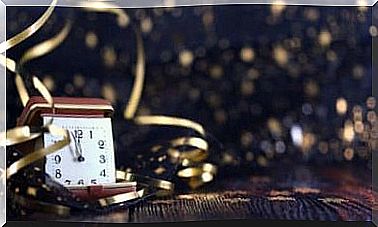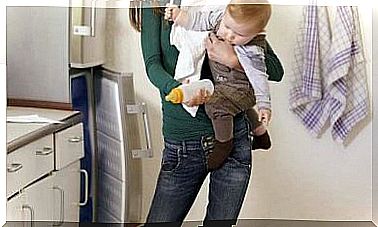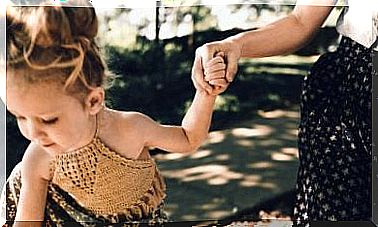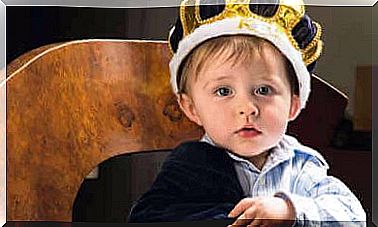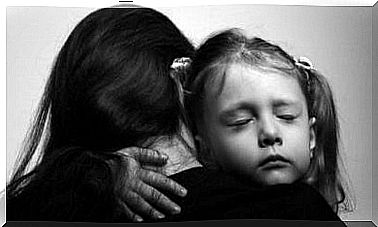How Do I Know If My Child Is Hyperactive?

Children can be very happy, proactive, energetic and impulsive, but we must pay attention to the intensity of their activity level to, thus, identify if it is a possible hyperactivity.
As mothers , we can ask ourselves how to tell if our child is hyperactive or if he’s just going through a restless, overly mischievous phase. The point is that hyperactivity reflects some things that only an agitated attitude does not show. However, before trying to investigate, we should know more deeply what hyperactivity is.
According to the US Centers for Disease Control and Prevention: “Attention deficit hyperactivity disorder (ADHD) is a conduct syndrome. It is a behavioral disorder characterized by moderate to severe distraction, short attention spans, motor restlessness, emotional instability and impulsive behavior.”
This syndrome is completely treatable and correctable once diagnosed. Even if our child’s case is a simple concern, as parents, we must do everything possible to correct negative behaviors, reward good behavior and allow the child to develop naturally in the environment.
Is my child hyperactive?
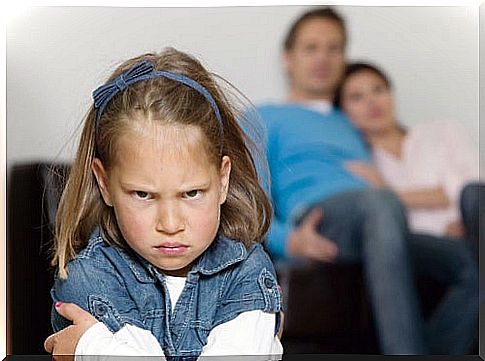
If you suspect that your child is hyperactive, difficult to educate and cannot control, it is important that you re-evaluate each of the characteristics that identify this mild conduct disorder in order to put the relevant treatments into practice:
- Excessive or inappropriate motor activity.
- Trouble concentrating.
- Destructive attitudes or behaviors.
- Little willingness to perform a task that requires attention.
- Desire to move compulsively (the child cannot be quiet or sitting in one place).
- Inability to complete tasks.
- Difficulty concentrating on something individually (they want to do more than their cognitive and physical abilities can do).
- Little willingness to be discreet: they always say what they think and talk too much. They can’t stop or stop doing the things they like even when we ask them to stop (example: skipping).
- They ignore duties and obligations.
- They almost always rush cognitively, not thinking about things before they act.
Recommendations for treating hyperactivity
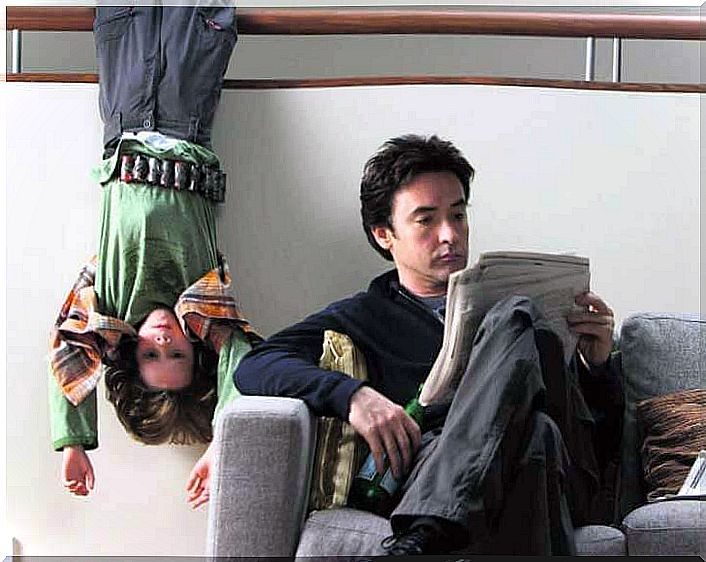
After identifying if your child’s case is hyperactivity, you should know that there are different forms of treatment. Some of them are focused on methods of conduct, combination of therapies and medical treatments. Some of these treatments are:
- The techniques or methods of conduct achieve the transformation of behavior through reinforced education. One of the recommendations to treat hyperactivity is to know the behavior of the little one in the classroom in order to offer an adequate development to their needs.
- There are institutions where the number of students is considerably smaller. In this way, teachers are able to offer more individual attention to children and a less aggressive relationship with the environment. In them, it is easier to identify any problem that children may have.
- Other recommendations emphasize the home, as the home environment is likely where children spend most of their time. These techniques require patience and involvement on the part of the parents.
- The colors of the rooms must be light, the environment where children play must be clean and organized. Also, no environment can be overloaded.
- Children with hyperactivity tend to imitate what the people around them do. Therefore, mom and dad can use this fact to obtain positive results. For example, both can, when carrying out homework, repeat the instructions or step-by-step aloud clearly and objectively.
- Other cognitive behavior methods aim to control the child’s own behavior or self-control. But to achieve this, the child must learn to observe and correct his own behaviors.
- The therapies or the psychologist could solve the problems in a few sessions so that the child could achieve self-control. If the disorder is a little more severe, the process could be referred to psychiatry. In such cases, the doctor would recommend a pharmacological treatment for anxiety.
Once all of these recommendations have been complied with, it is your responsibility to reward the changes the child is able to make during these methods of conduct. Combining prizes when the child deserves it, such as candy or games, will motivate them to make the changes parents want them to achieve.



